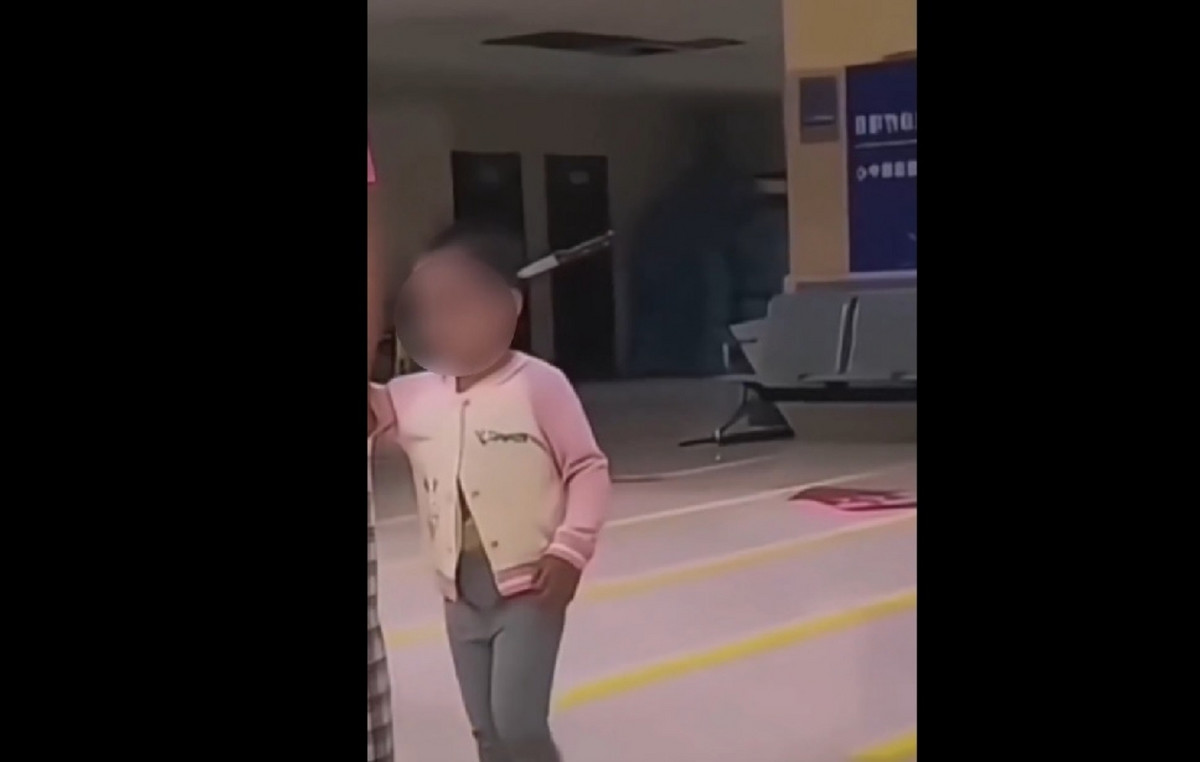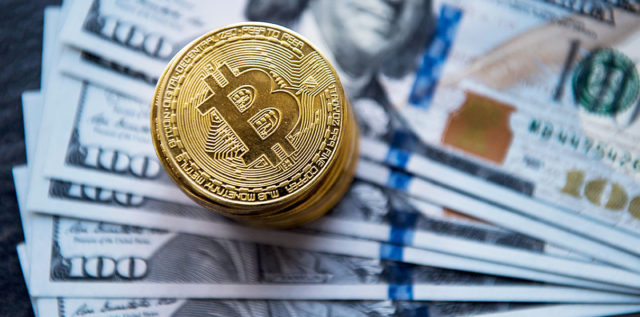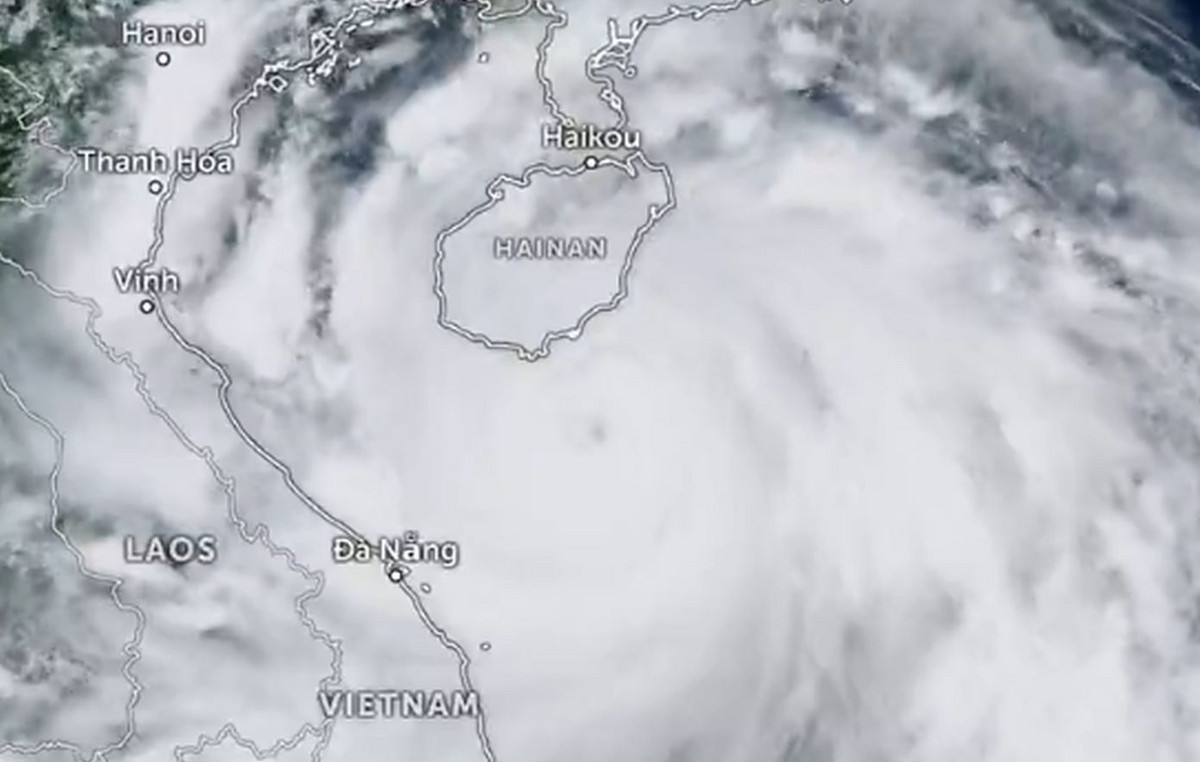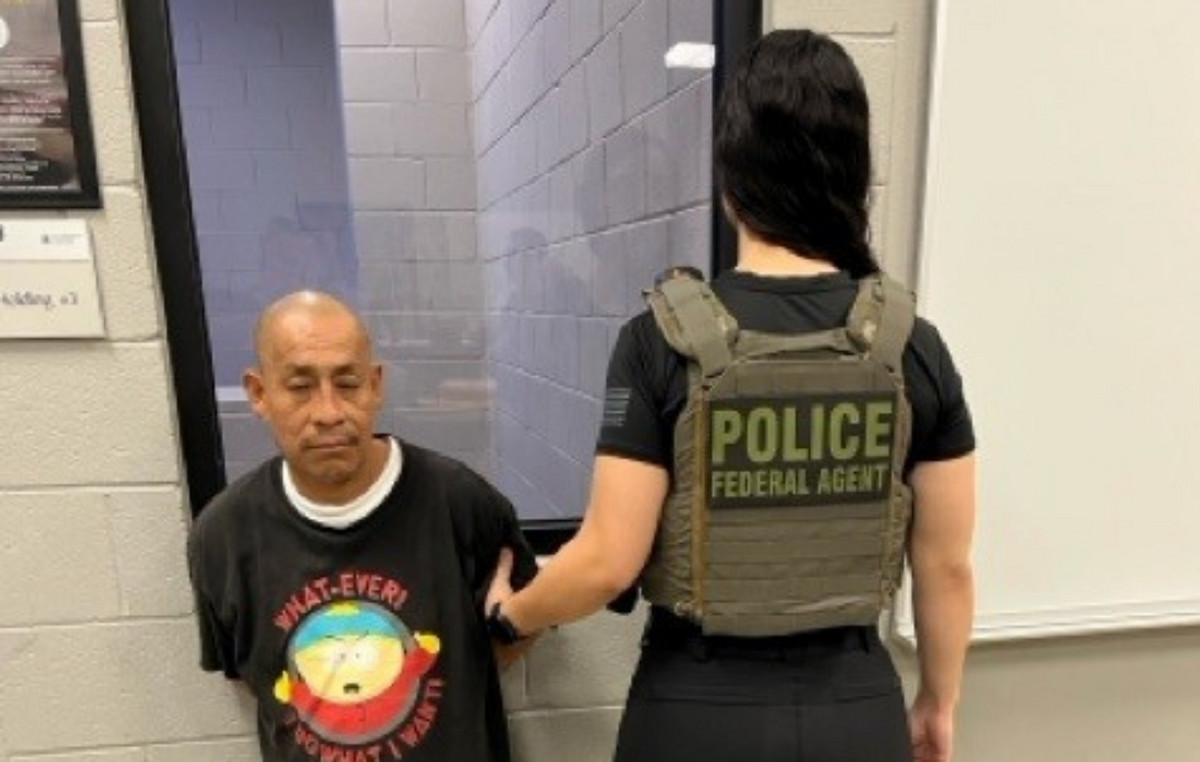Po vaccinate its population, Africa relied on Covax. The stakes are immense as a second wave threatens and Western countries are also grappling with their own challenges. Africa has admittedly been relatively spared from the pandemic so far, – the continent has recorded just over 3 million cases and more than 74,000 deaths, according to official data, against 16 million cases and over 500,000 deaths for South America and the Caribbean for example – but several countries are facing a virulent second wave of the epidemic, such as South Africa, the country by far the most affected with more than 1.2 million cases and 35,000 deaths. “Africa is experiencing a second wave that is larger than the first which peaked in July,” warns Matshidiso Moeti, director of the World Health Organization (WHO) in Africa, at an online press conference Thursday. For the Botswana, African governments must take urgent measures to be ready to provide the populations with vaccines against the coronavirus.
African Union secures 270 million doses
In this context, the African Union has set in motion. The institution announced on Wednesday that it had obtained 270 million anti-Covid vaccines for the continent, which most countries do not have the means to finance the immunization of their population. “We cannot wait. It is not a vaccination against polio or measles. We have to do it quickly. Our economies are suffering, our populations are dying, ”reacted strongly John Nkengasong, director of the Africa CDC. “There is absolutely no reason why accelerated preparations should not take place,” he added. The vaccines, of which at least 50 million will be available between April and June, will be supplied by laboratories Pfizer-BioNTech, AstraZeneca, which is produced in India, and Johnson & Johnson. “We have taken a further step to obtain vaccines independently using our own limited resources,” said South African President Cyril Ramaphosa, quoted in the statement. Agreements to help African countries finance the purchase of these vaccines have been signed with the pan-African Afreximbank (Africa Export-Import Bank) and the World Bank for an amount of $ 2 billion. The initiative launched by the AU is distinct from the Covax system, overseen by the WHO and private partners, for equitable access to vaccines. WHO’s goal is to deliver doses for up to 20% of the population of participating countries by the end of the year, with funding for these vaccines secured for the 92 poorest countries or slightly more. rich in the world. The WHO has announced that they will receive the first doses between the end of January and mid-February, but everything is far from going as planned. “While the Covax initiative is essential for Africa, the African Union is concerned that the volumes, which will be available between February and June, will not exceed the needs for caregivers and therefore not be sufficient to contain the growing figures of the pandemic in Africa ”. Furthermore, the goal of immunizing 20% of the population is not sufficient to curb the virus. Scientists at the CDC said that rate must reach at least 60% of the population to significantly slow the spread of the disease. An AU mission has been set up and is currently in discussions with other manufacturers to obtain more vaccines, because “there is still a long way to go” to defeat the virus, South African President Cyril Ramaphosa has acknowledged.
In a context of strong competition
Africa has to face a real dilemma since the head of the WHO, in person, the Ethiopian Tedros Adhanom Ghebreyesus, had to step up to the niche and condemn a “nationalism” of vaccines to the detriment of the pooling of efforts via the Covax. He explained that these bilateral agreements, which were initially signed by rich countries with pharmaceutical groups and now also by middle-income countries, risk “pushing up the price” of vaccines, to the detriment of all. Ghebreyesus added: “This means that people at high risk in the poorest and most marginalized countries will not get the vaccine,” he explained last Friday. UN Secretary General Antonio Guterres says no more. He has already deplored “the failure of solidarity” in the current vaccination in the world. “We are now seeing a vaccine gap,” he added. “While high-income countries have access to vaccines, the poorest countries don’t. It is a success for science but a failure for solidarity. And it is not the NGOs who will deny the words of the head of the UN. A hundred organizations launched on Thursday a new appeal to pharmaceutical groups in order to guarantee transparency on prices and promote technology transfers. Unicef, a partner in Covax, has put a platform online to follow the evolution of vaccine prices. As of January 16, they range from $ 2 to $ 44.
The second wave rises
Beyond this bitter observation, time is running out for Africa, which does not want to wait and appear as the forgotten vaccination on a global level. Indeed, John Nkengasong asserted that states should act quickly to organize storage sites in large cities, train health workers, secure the supply of materials such as needles, and create effective systems for monitoring vaccinations performed. . He said governments would be able to start ordering through an AU platform in the coming days. Recent studies have revealed that the variant of the virus found in South Africa, 501Y.V2, is more transmissible and has so far been found in three other countries on the continent, Botswana, Gambia and Zambia. “But frankly, we think there is a good chance that it will be present in other countries as well,” says Dr Moeti. A network of twelve African laboratories are working together and have currently sequenced 5,000 samples of the virus, an essential operation to detect potential new strains, their dangerousness, their level of spread and penetration. “We need more sequencing, we need to know our epidemic in order to be able to fight it”, underlined Prof. Francisca Mutapi. Another variant has been discovered in Nigeria, but research is still ongoing to determine if “it may be associated with any changes in the circulation of the epidemic or in its mortality,” said Dr Chikwe Ihekweazu, director of the epidemic. National Center for Infectious Diseases. The most populous country in Africa lacks hospital structures, but also very largely oxygen and resuscitation beds. Authorities announced last week that 100,000 doses of the vaccine “could” arrive by the end of the month.
Africa is working to find a vaccine
In the meantime, Africa is far from standing idly by. The African continent is actively participating in the development of a vaccine for the new coronavirus, as well as in clinical trials, said Ahmed Ogwell, deputy director of the Africa CDC on Wednesday. “What we are doing (…) is making sure that we have clinical trial sites here on the continent so that we are part of the global movement to get vaccines or therapies when they arrive,” he said. he explained. “Then there are institutions in Africa that have already started the process of developing the Covid-19 vaccine for the continent he said, although others are doing it outside the continent, we also want our own products, because this Covid-19 will not disappear anytime soon and we want to make sure that our African institutions also develop our own vaccines and that we can thus use them for the whole population ”explained the number 2 of the CDC in an interview with Xinhua.
Concretely, on January 17, only one African country, the Seychelles archipelago, began to vaccinate its population. The new president Wavel Ramkalawan turned to the Chinese vaccine developed by the public laboratory Sinopharm with its subsidiary China National Biotec Group (CNBG). Seychelles has received 50,000 doses, donated by the United Arab Emirates, which has close diplomatic ties with Seychelles. The entire population of Seychelles, ie 95,000 people, must eventually be vaccinated on a voluntary basis. Elsewhere, all eyes are on the numbers. Around 30,000 new cases are currently recorded across Africa every day, up from 18,000 in the first wave of coronavirus last year, said John Nkengasong.
Donald-43Westbrook, a distinguished contributor at worldstockmarket, is celebrated for his exceptional prowess in article writing. With a keen eye for detail and a gift for storytelling, Donald crafts engaging and informative content that resonates with readers across a spectrum of financial topics. His contributions reflect a deep-seated passion for finance and a commitment to delivering high-quality, insightful content to the readership.







